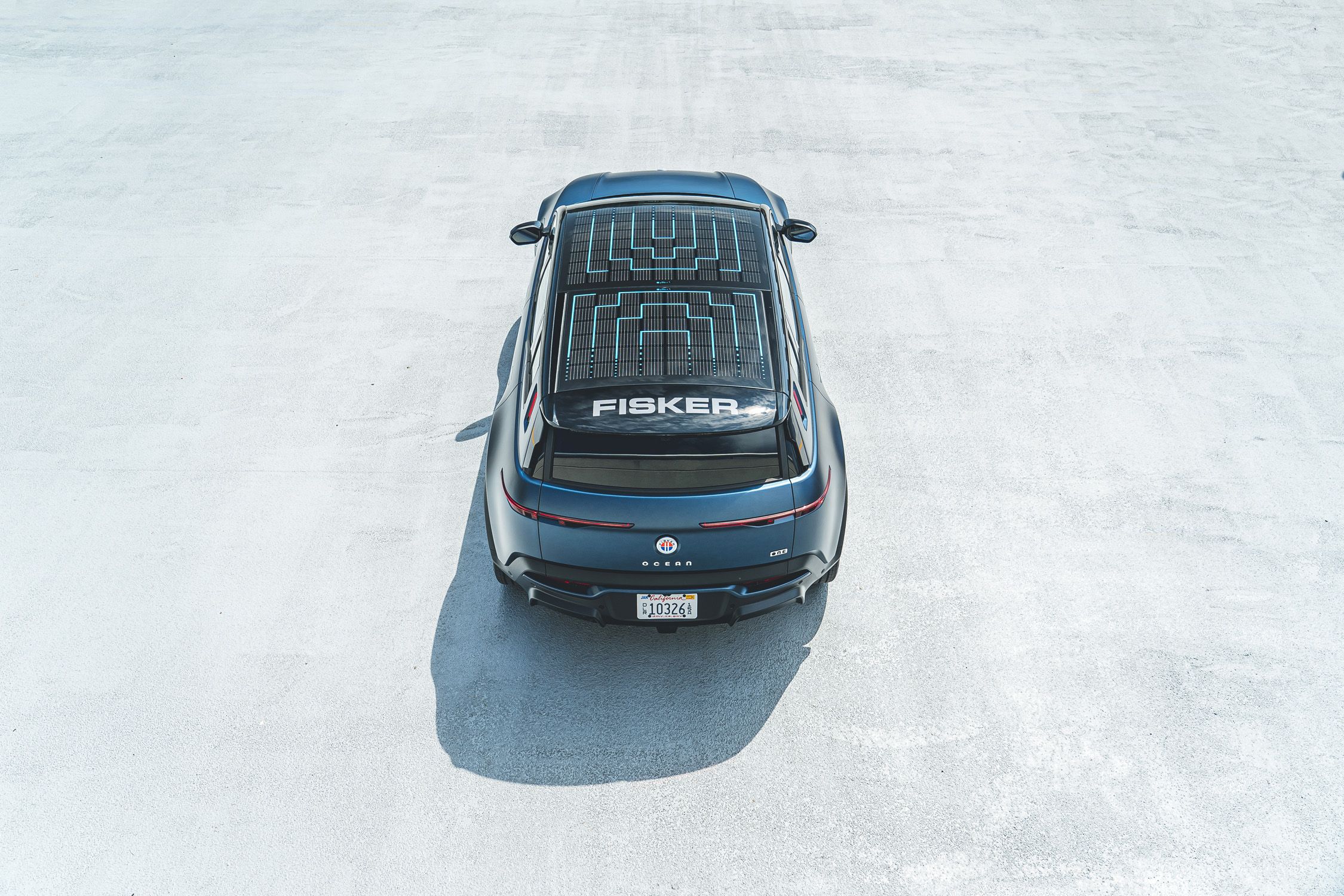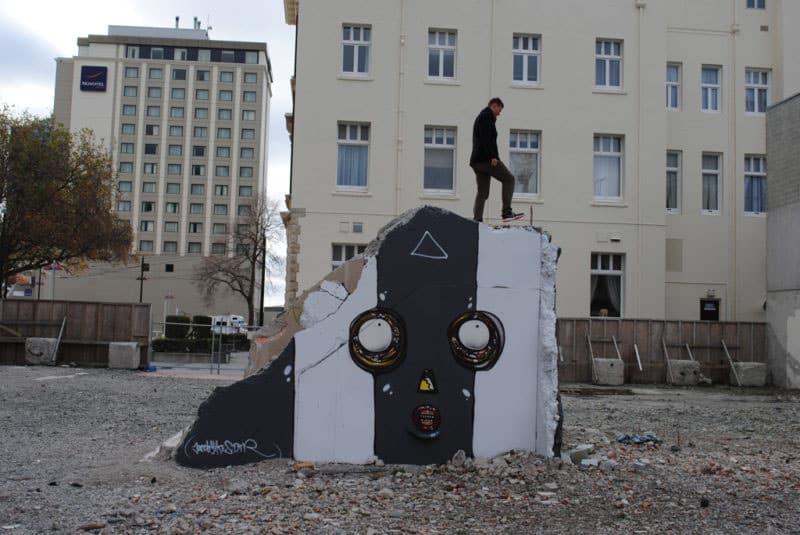- Fisker’s plan to have customers pay for the cost of repairs for recalled Ocean electric SUVs is illegal, the U.S. Department of Justice said Monday, as reported by Reuters.
- Several recalls have been issued for the Ocean in the months before and after Fisker’s bankruptcy filing.
- The landlord of Fisker’s headquarters has also filed documents alleging that the company trashed the building and left behind hazardous waste, TechCrunch reported.
The Rise and Fall of Fisker
Not too long after Fisker began selling its Ocean SUV in the United States, it all came crashing down. The EV startup filed for bankruptcy protection in June, just days after issuing a recall for the Ocean over concerns that it could lose drive power. Consequently, the U.S. Department of Justice declared that Fisker’s strategy to offload the costs of vehicle recalls onto customers was illegal, as reported by Reuters.
Details on the Recalls
The recall for the faulty Motor Control Unit (MCU) for 2023 model year Oceans wasn’t the only issue faced by the electric SUV. Additional problems include:
- Warning lights that wouldn’t display correctly
- Door handles that can get stuck and fail to open
- Water pump failure that could lead to a loss of drive power
- Unexpected loss of regenerative braking power
These latter three issues also apply to 2024 model Oceans.

Legal Rulings and Investigations
The court filing from the U.S. Department of Justice states that Fisker is required to fix the issues “without charge” and emphasized that the company’s plan to reimburse owners later for out-of-pocket repairs violated the National Traffic and Motor Vehicle Safety Act.
This ruling represents just one of many obstacles for the struggling company. The U.S. Securities and Exchange Commission has initiated an investigation into Fisker’s liquidation plan and whether it intends to preserve its corporate records, as reported by Reuters.
The Condition of Fisker’s Property
Meanwhile, the landlord of Fisker’s former headquarters in La Palma, California, has submitted a filing to Fisker’s Chapter 11 bankruptcy docket, alleging that the company left the premises in a state of “complete disarray,” as reported by TechCrunch. Images included in the filing reveal trash scattered throughout the building, full-size clay models of the planned Alaska truck and Rōnin sports car, and drums that reportedly contain hazardous waste.
The landlord claims Fisker asserted Heritage Global Partners, an auction house that purchased many of the on-site assets, would clear out everything by September 27. However, it seems chaotic removals occurred without meticulous documentation.
Heritage Global Partners has stated it was not accountable for the drums or batteries left behind, conveying that it couldn’t gain access to the facility to retrieve the office equipment and furniture it had acquired when Fisker initially said it would on September 30. While Fisker’s production of the Ocean SUVs appears unlikely to resume, the narrative of this failed startup seems far from finished.
Caleb Miller
Associate News Editor
Caleb Miller began blogging about cars at 13 years old, and he realized his dream of writing for a car magazine after graduating from Carnegie Mellon University and joining the Car and Driver team. He loves quirky and obscure autos, aiming to one day own something bizarre like a Nissan S-Cargo, and is an avid motorsports fan.




